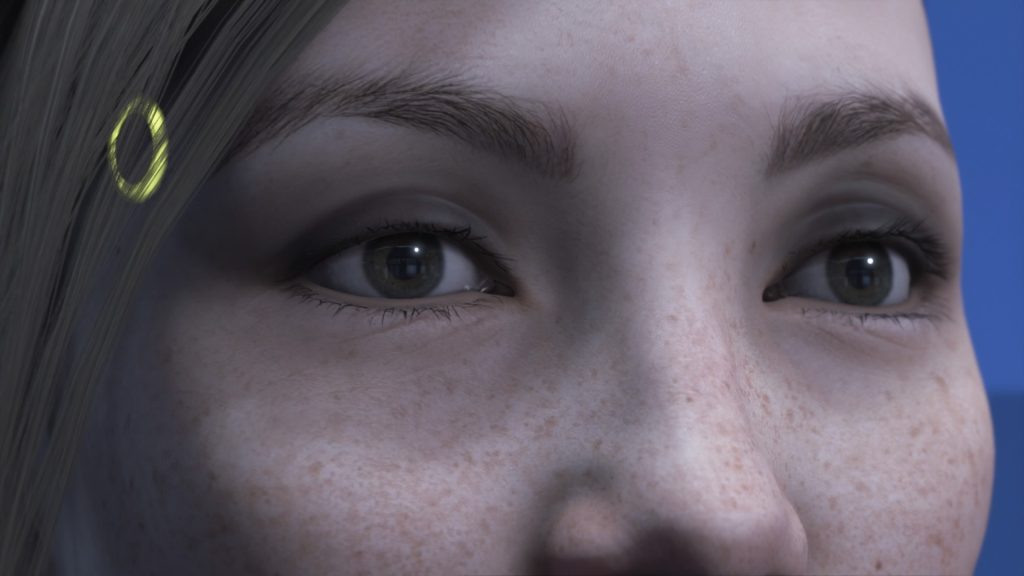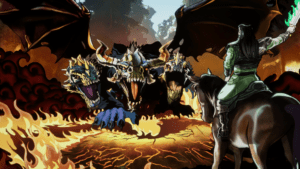Detroit: Become Human looked like nothing that had been released on the market to date. Gamers weren’t sure what to expect when it hit the shelves. It was beautiful, boasted numerous game paths based on the choices you made while playing, and had robots. That was enough to encourage buyers, with a total of two million copies sold by December.
It must be said in advance: the animation in Detroit: Become Human is beautiful. The camera angles follow more like a movie than the third-person perspective we’ve come to expect from video games, giving us close-up shots of how much detail has gone into the design. Little things like facial tics feel smooth and natural.

The game mechanics are simple. Since the game is largely a visual novel, most of your interactions are simply dialogue choices. This is interrupted in key scenes where you have to press button sequences to dodge, run or attack correctly depending on the situation. If you can’t hit the keys, there are consequences that alter the rest of the story.
And when it comes to fiction, Detroit: Become Human doesn’t disappoint. Throughout the story you take on the role of three different androids in a futuristic Detroit that now has artificial intelligence. Androids are mainly used in service roles. See housekeepers, shopkeepers, personal assistants, and gardeners just to name a few. There are also rarer roles, like the one played by Conner.


Start a new Thread